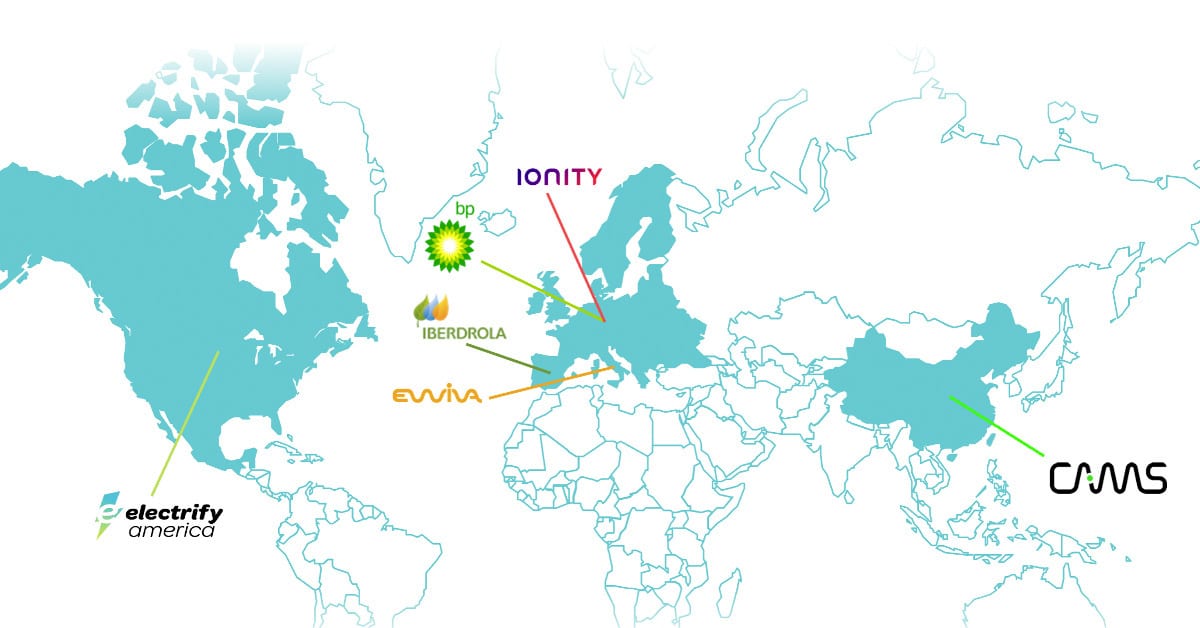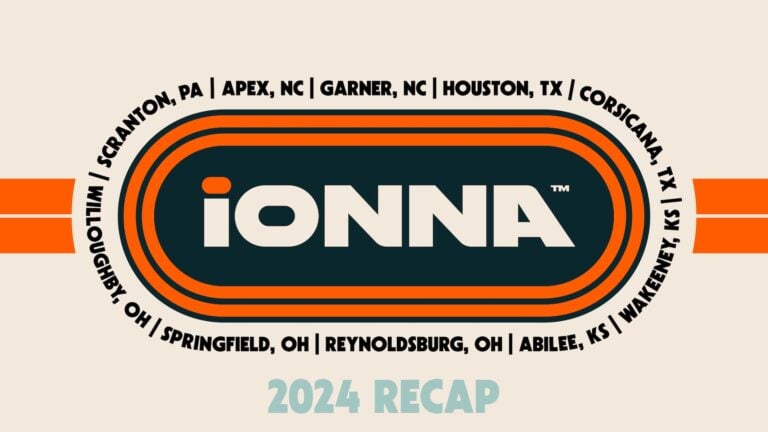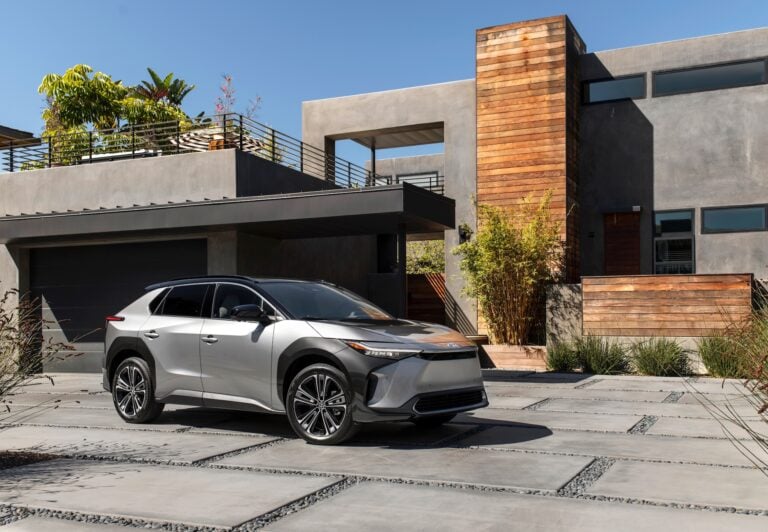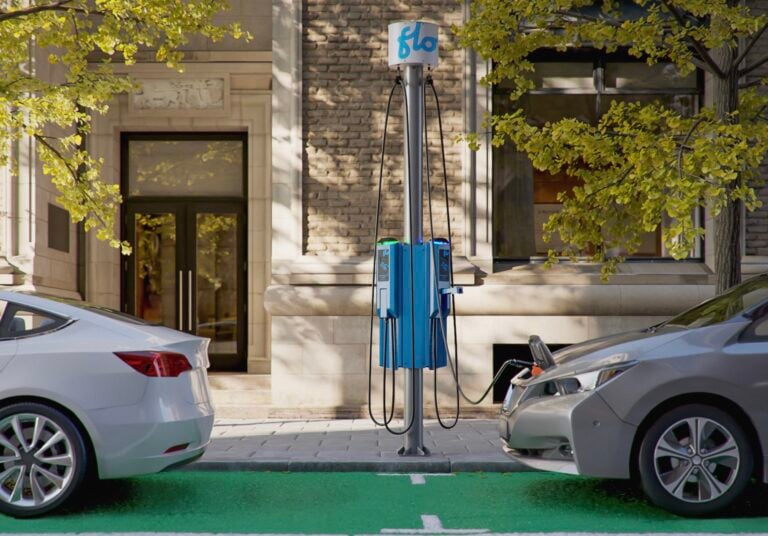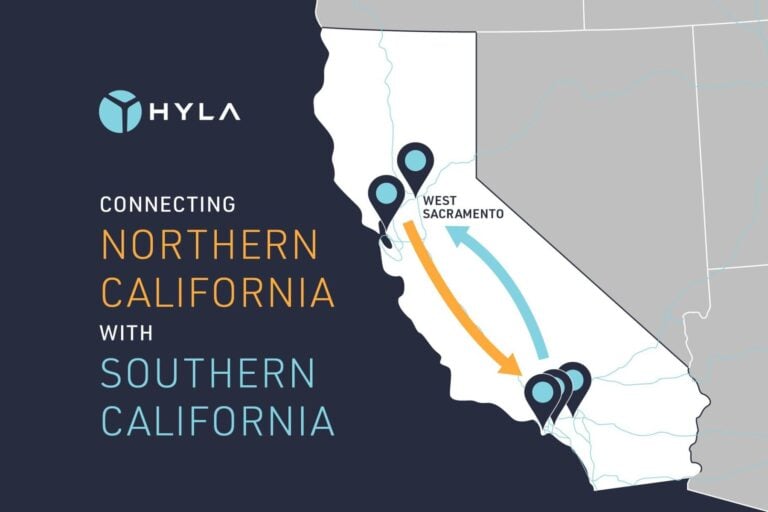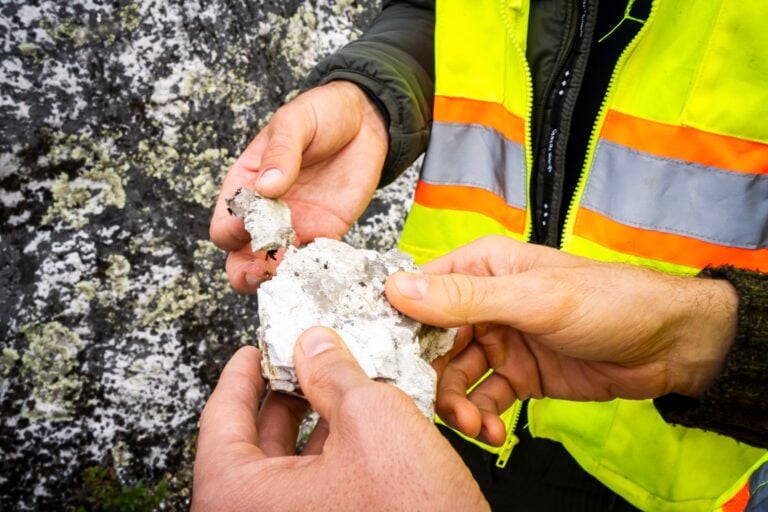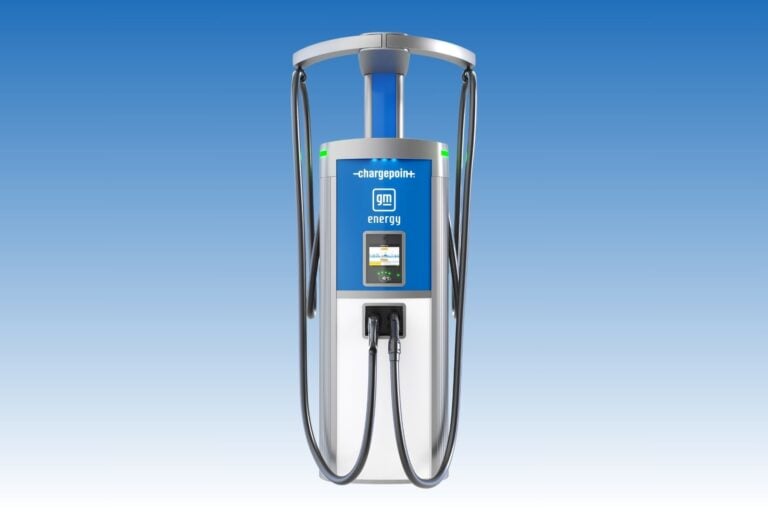Wolfsburg – The Volkswagen Group has announced the completion of an interim assessment of its global network of fast-charging points. At the end of 2022, more than one-third of the 45,000 high-power charging (HPC) points that the company plans to install had been connected to the network – a total of about 15,000 fast chargers with a charging capacity of up to 350 kW.
At Power Day 2021, the Group announced its plan to become the first international car manufacturer to create a global HPC network that all electric vehicles could use as part of an alliance with the company’s partners. Under this plan, about 10,000 HPC points are to be operating in Europe and up to 25,000 around the world by the end of 2023.
Thomas Schmall, Volkswagen Group Board Member for Technology and CEO of Volkswagen Group Components, highlighted the company’s work in creating this global fast-charging network, stating that “Volkswagen started creating this global fast-charging network years ago. We are now among the trailblazers in electric mobility, and we have 15,000 fast-charging points in North America, China, and Europe to prove it. It is an accomplishment that we achieved jointly with our industry and energy-sector partners.” He went on to emphasize the company’s belief that charging is not only a precondition for e-mobility, but also a high-potential strategic business area of the future.
The fast-charging points in Europe are being installed in part with the help of IONITY, a joint venture involving the Group brands Audi and Volkswagen Passenger Cars as well as the sports-car maker Porsche. Last year, the Group also announced the establishment of Ewiva, a joint venture in Italy with Enel X Way, a member of the Enel Group. Volkswagen is also installing fast-charging points in a partnership with BP and Iberdrola. Working with BP, the Group plans to install about 8,000 fast-charging points across Europe. This network is being equipped with the Flexpole fast-charging station produced by Volkswagen Components, among other systems. The Group is working with Iberdrola to cover main traffic arteries in Spain. In the United States, the expansion of the Group’s electric infrastructure is being overseen by Electrify America, the largest public fast-charging network in North America. In China, this work is being performed by the joint venture CAMS.
As the company announced at Power Day, Volkswagen and its partners plan to expand the network to 45,000 HPC stations by 2025: 18,000 HPC stations in Europe, 10,000 in North America, and 17,000 in China. Elke Temme, SVP Charging & Energy, said: “Our goal is to make electric mobility accessible to everyone. The successes we have achieved with our strong partners send one clear message: We are applying the right strategy. Together, we can create sustainable and accessible mobility of the future.”
The Volkswagen Group has turned Charging and Energy into its core business. The new AUTO strategy that the Group implemented at the beginning of 2021 bundles all activities in the areas of charging and energy that are overseen by the board-level management function Technology. Volkswagen Group Technology now plays a key role in the company’s electric mobility strategy, a plan in which the company has committed itself to becoming a leading provider of an intelligent charging and energy ecosystem. Group CEO Oliver Blume has also underscored this role in his 10-point plan, a strategy that defines the area of Charging & Energy as an elementary aspect of the company’s future. In addition to developing a global network of public fast-charging stations, the company has created a product range that covers all aspects Volkswagen is also working to integrate electric cars as mobile powerbanks into the energy system and create added value for drivers by allowing them to use their electric car’s battery to power their home during times of high energy consumption or sell excess energy back to the grid.

